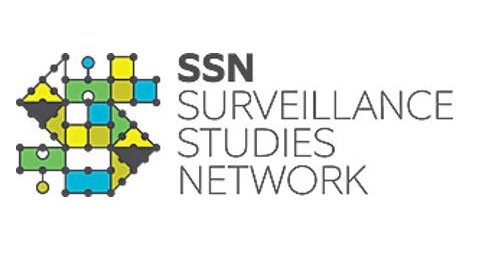Digital traffic control in Latvia
Conference partners: Surveillance Studies Network and Erasmus University Rotterdam
Presenters: Dr.iur. Irena Barkane (University of Latvia), Dr.Sc.Soc. Anda Adamsone-Fiskovica and PhD Emils Kilis (Baltic Studies Centre).
File: "Interrogating visual digital surveillance in road traffic control: Social and legal implications" by Irena Barkane, Anda Adamsone-Fiskovica and Emils Kilis.
Conference website:
https://www.surveillance-studies.net/?p=1679
https://www.eur.nl/en/eshcc/research/ssn-2022/conference-programme
The paper was presented at the special session of the conference devoted to surveillance and smart cities (Bold cities II) which explored the diverse issues of surveillance in smart cities, ranging from its democratic foundations, citizen resistance and participation, stakeholder interests and platform influence, and other related topics.
Paper:
The article “Interrogating visual digital surveillance in road traffic control: Social and legal implications” critically analyses visual surveillance in road traffic control and its societal and legal implications, with a specific focus on speed cameras, smart 360-degree cameras in police cars, drones, and police mobile application in Latvia.
First, the article interrogates how police powers vis-à-vis citizens are being exercised through the use of these tools, how these forms of visual surveillance are framed by different stakeholders in terms of prevention vs. punishment and encouraging participation, and how they have changed the relationship between individuals, traffic and the police in public spaces.
Further, the article analyses the regulation of traffic surveillance tools and reveals the key legal challenges in ensuring their responsible and trustworthy use. It reveals the existing and future risks raised by these tools and examines to what extent their use by police is regulated or lacks regulation and their compliance with fundamental rights and data protection law.


